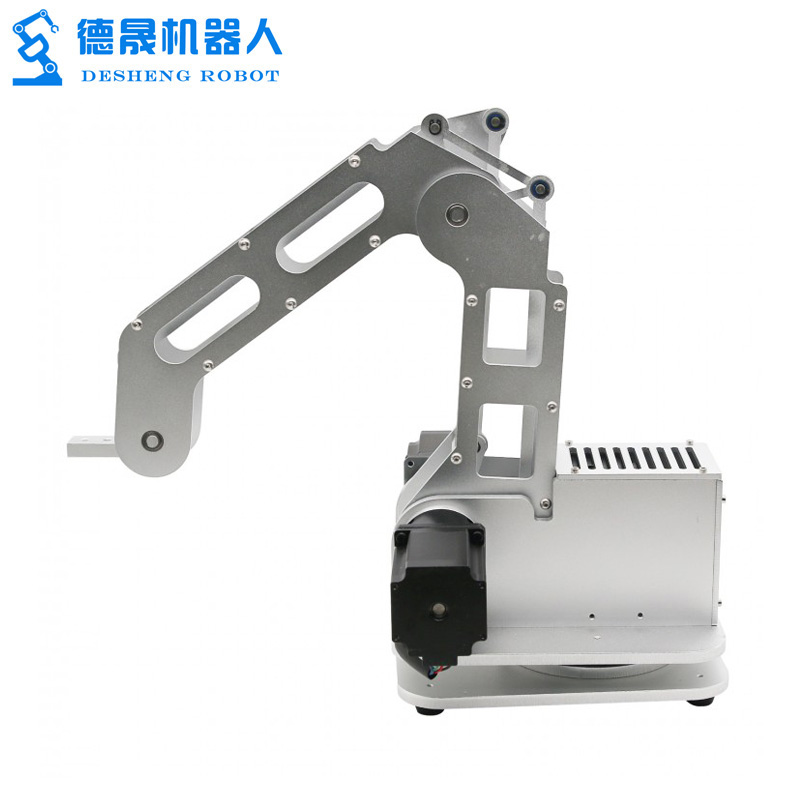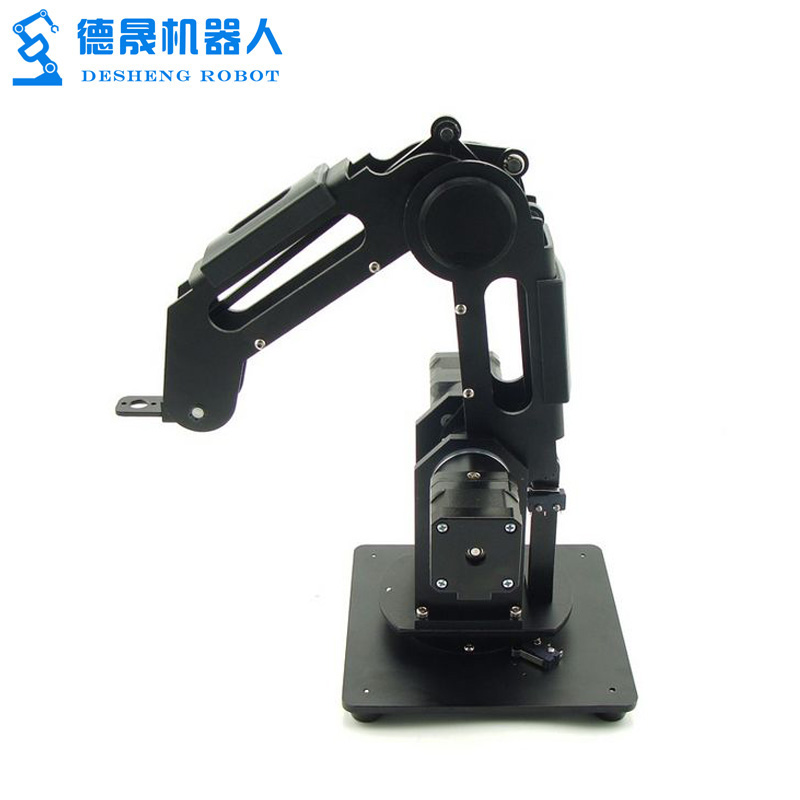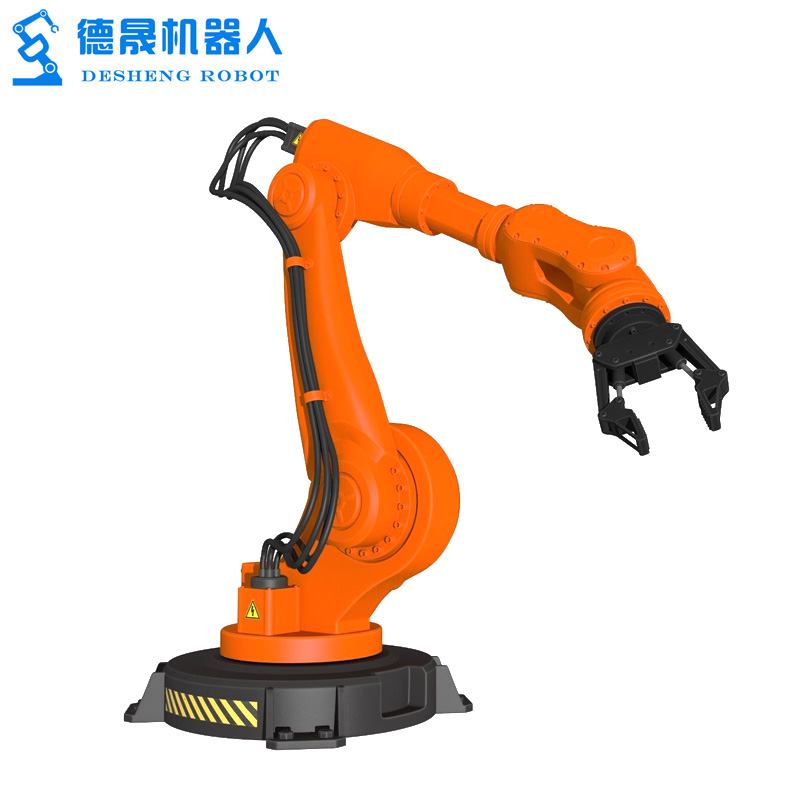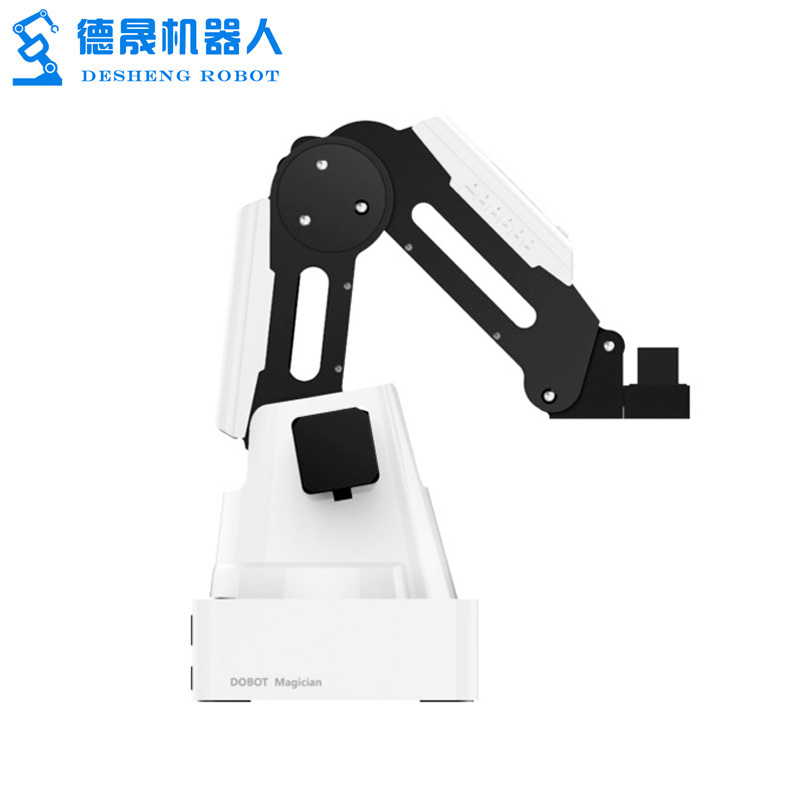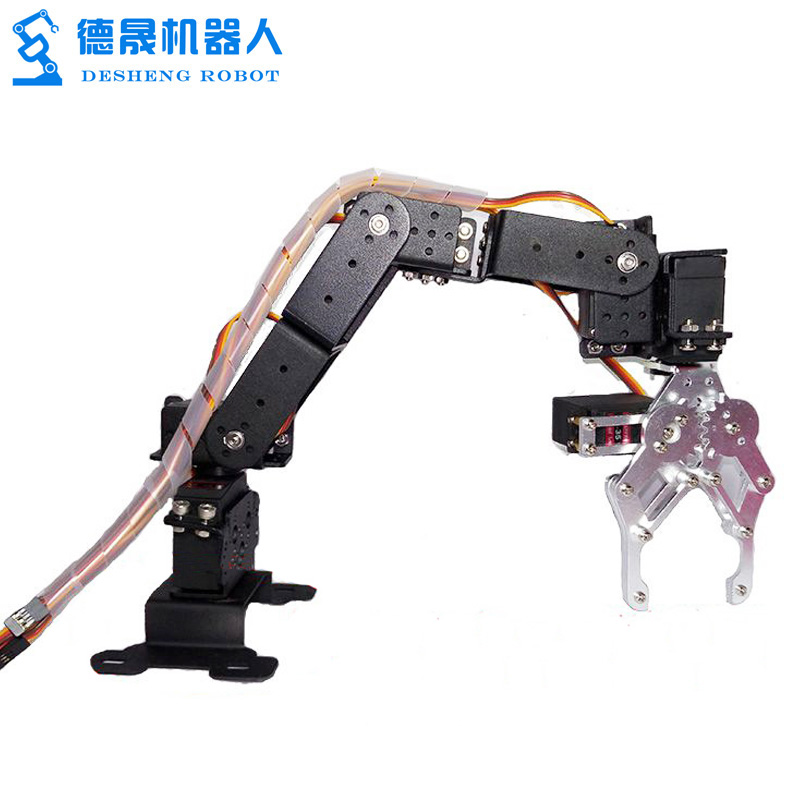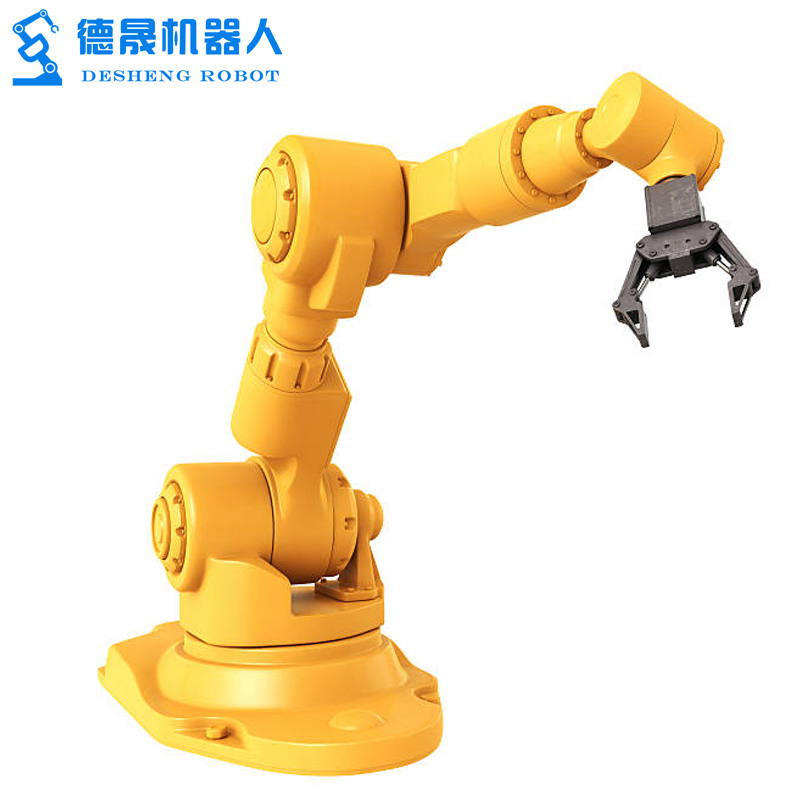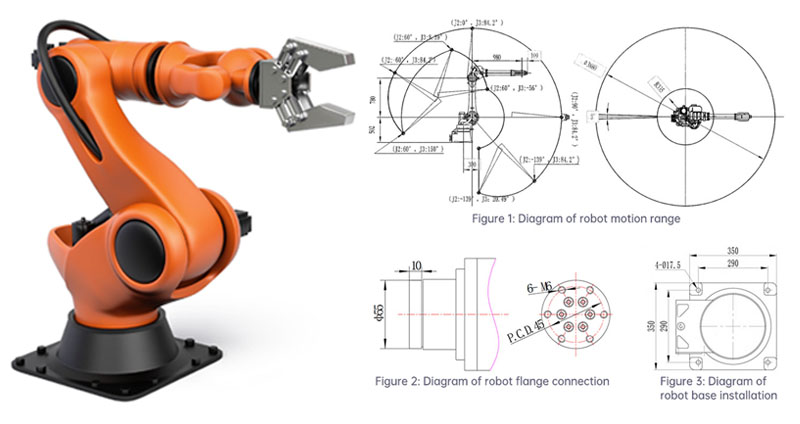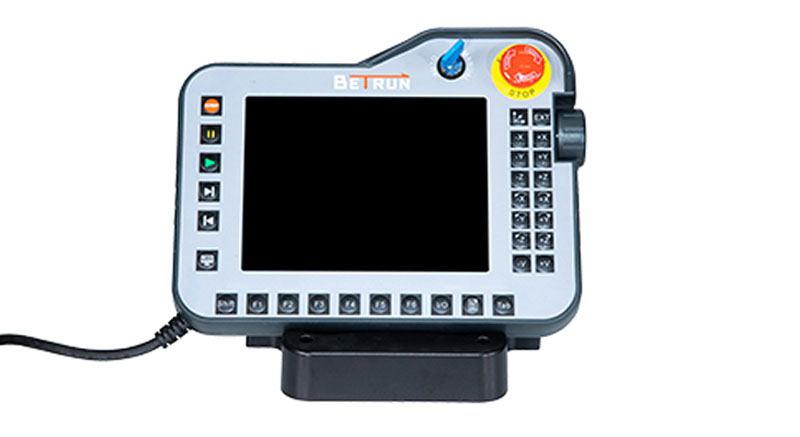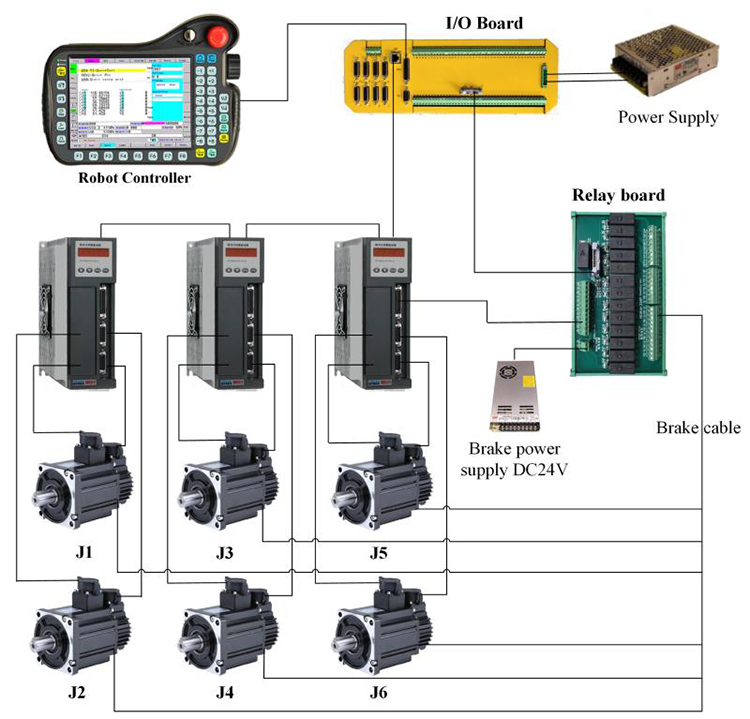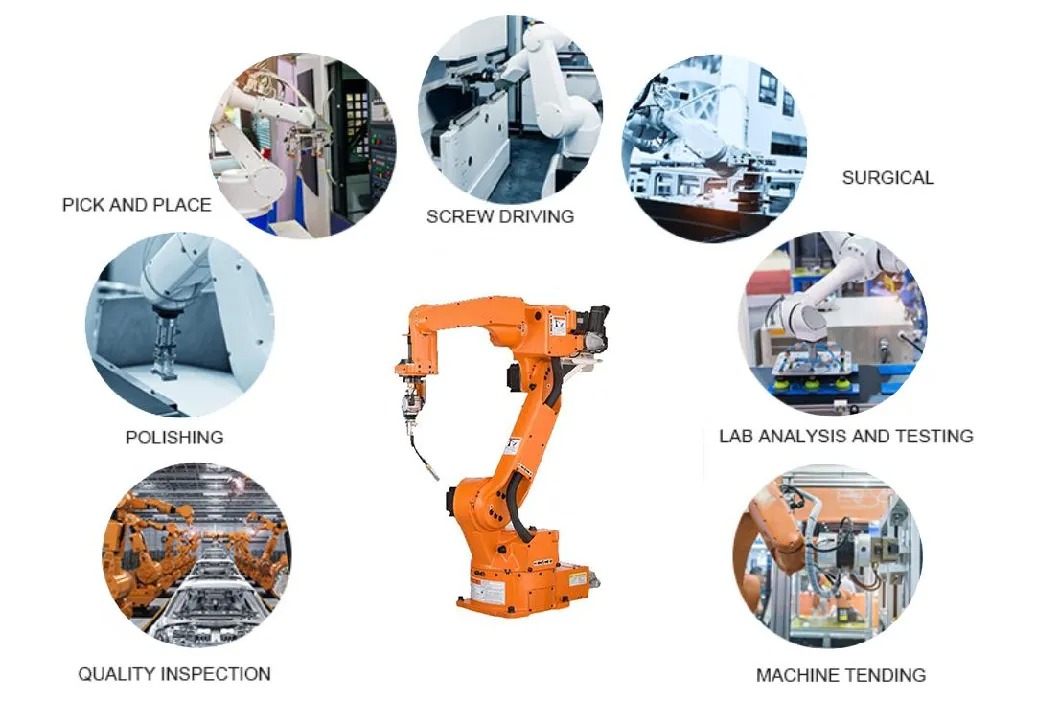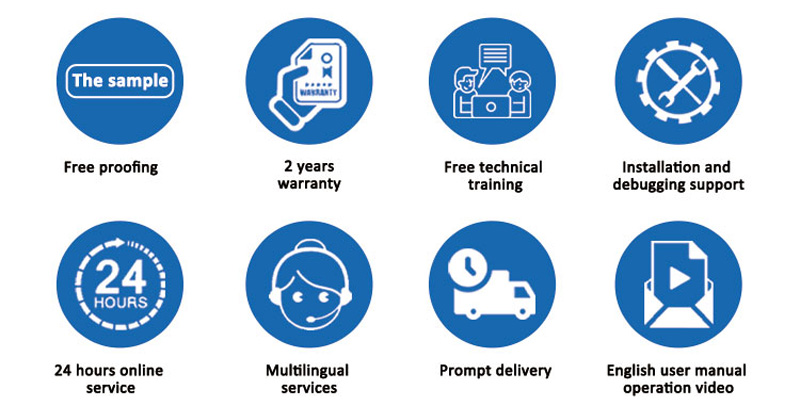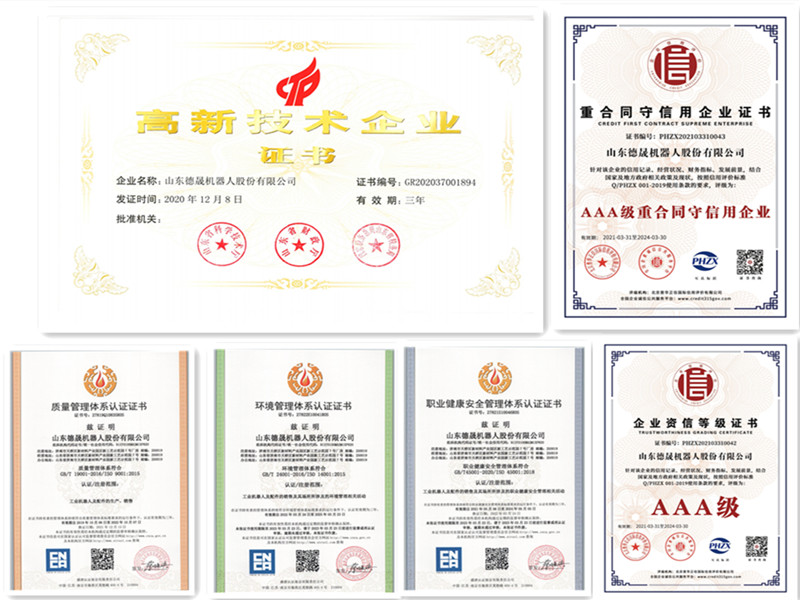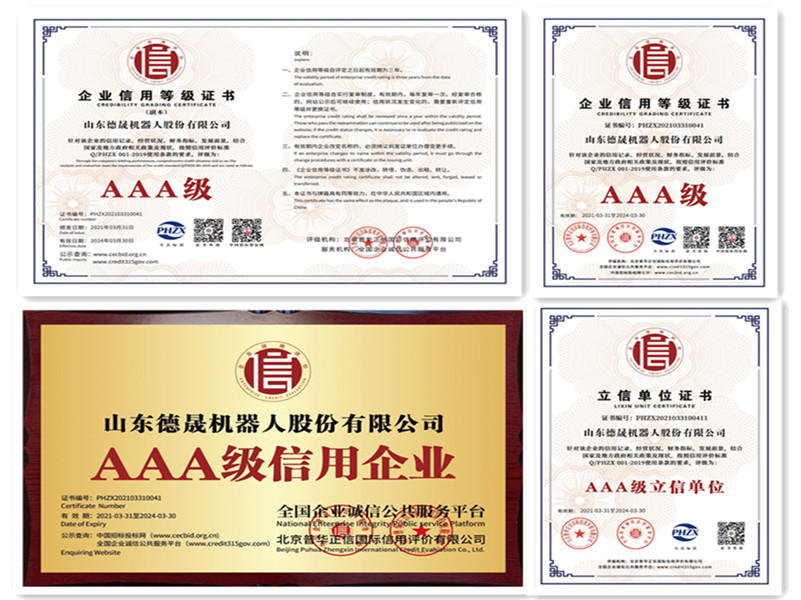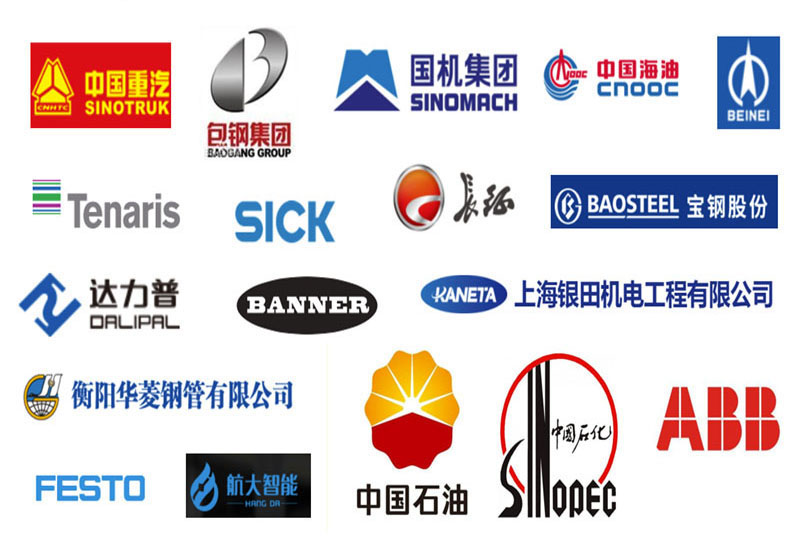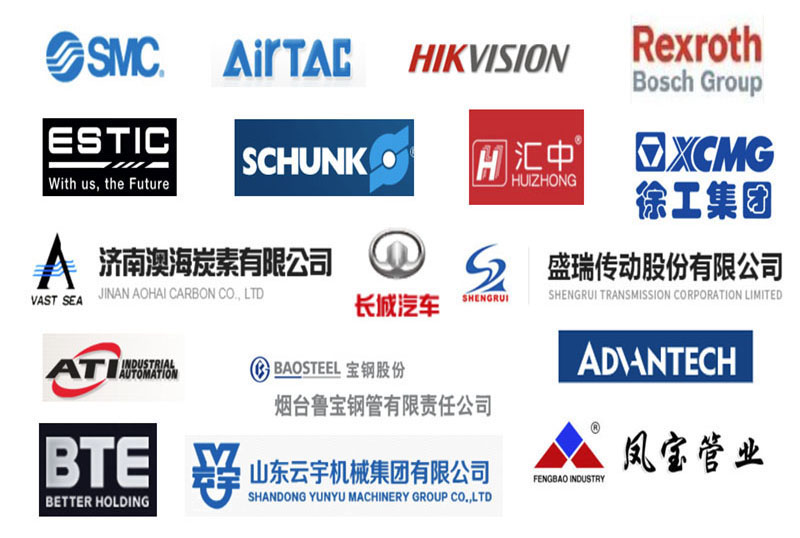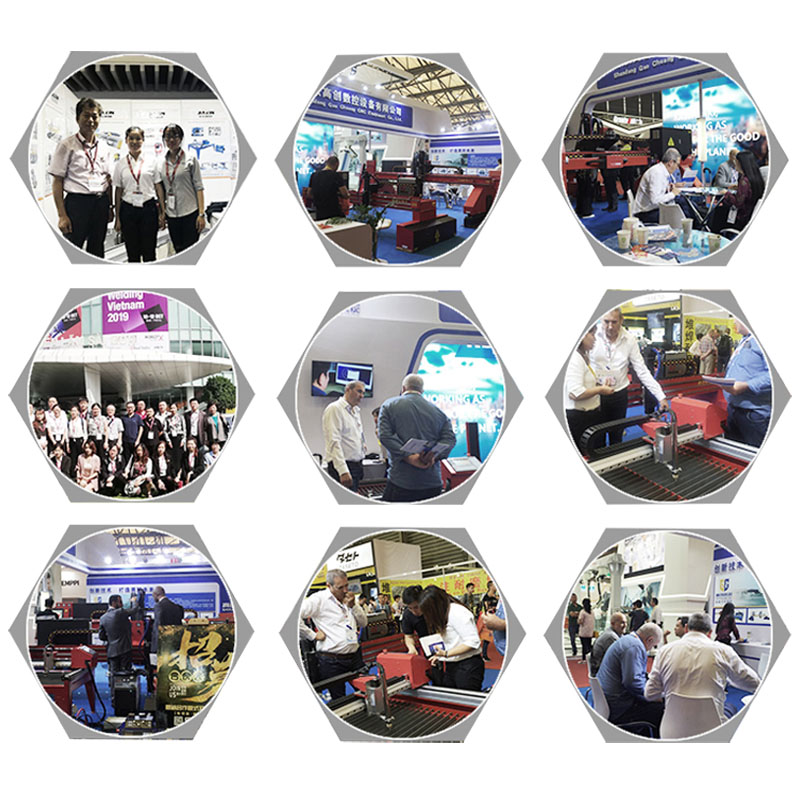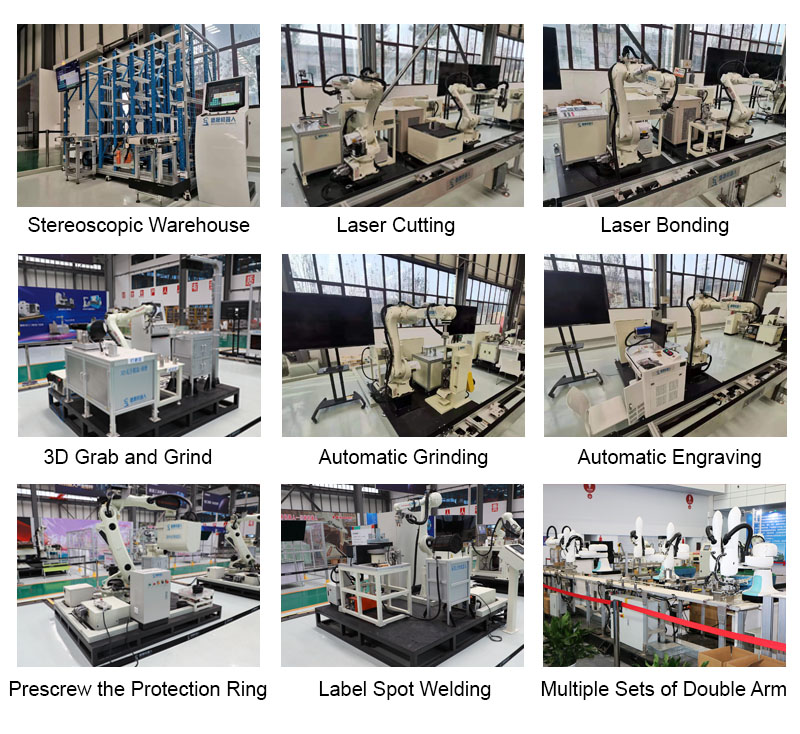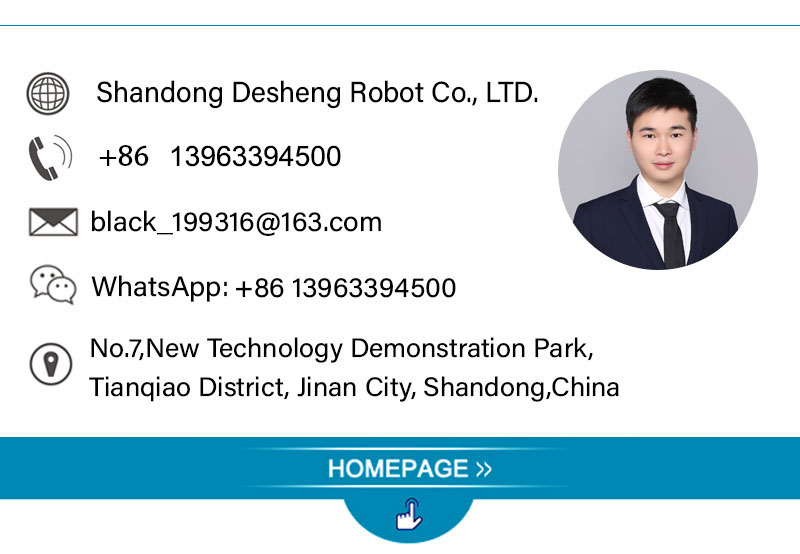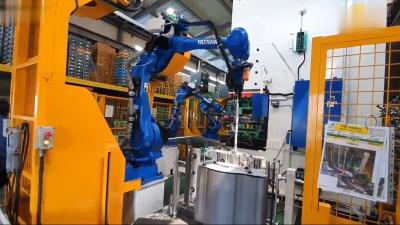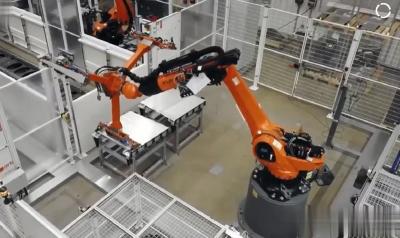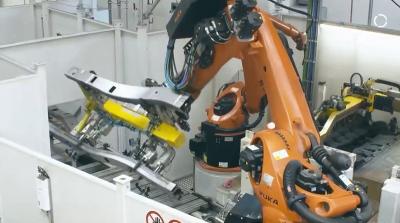Robotic Process Automation (RPA) Systems
Advantages of Robotic Process Automation (RPA) Systems:
1,Improved accuracy and reduced errors: RPA systems automate repetitive tasks with high accuracy, eliminating human errors and ensuring consistent quality of work.
2,Increased efficiency and productivity: By automating mundane and time-consuming tasks, RPA systems free up human resources to focus on strategic activities, resulting in improved overall efficiency and productivity.
3,Cost savings: RPA systems reduce operational costs by streamlining processes, minimizing manual effort, and optimizing resource allocation. They offer a cost-effective solution compared to traditional labor-intensive methods.
Robotic Process Automation (RPA) Systems:
Robotic Process Automation (RPA) Systems have emerged as a game-changer in industrial automation solutions. With the ability to automate repetitive tasks, these systems optimize productivity and efficiency in various industries. Industrial automation integrators play a crucial role in implementing RPA systems, ensuring seamless integration with existing infrastructure. They possess the expertise to customize and calibrate these systems, taking into account specific requirements and industry standards. Additionally, the collaboration with Dcs Industrial Automation enhances the capabilities of these systems by leveraging their advanced control and monitoring features. Together, RPA systems, industrial automation integrators, and Dcs Industrial Automation provide a comprehensive solution for streamlining operations and maximizing productivity in the industrial sector.
PARAMETERS:
SPECIFICATIONS FOR ROBOT PALLETIZER | ||||
Robot arm | Japanese Brand Robot | Fanuc | Kawasaki | |
German Brand Robot | KUKA | |||
Switzerland Brand | ||||
Main Performance | Speed Capacity | 8s per cycle | Adjust according to products and arrangement | |
Weight | About 8000kg | |||
Applicable Product | Cartons, cases,bags, | Containers,bottles,cans,buckets etc | ||
Power and Air | Compressed Air | 7bar | ||
Electric Power | 17-25 Kw | |||
Voltage | 380v | 3 Phases | ||
PLC | Siemens | |||
Frequency Converter | Danfoss | |||
Photoelectric Sensor | SICK | |||
Servo Motor | Panasonic | |||
Pneumatic Component | SMC | |||
Low-voltage Apparatus | Schneider | |||
Touch Screen | Schneider/Siemens | |||
Driving Motor | SEW | |||
DIMENSIONAL DRAWINGS:
ROBOT CONTROLSYSTEM:
APPLICATIONS:
FEATURES:
1,Task automation: RPA systems excel at automating repetitive and rule-based tasks, freeing up human resources to focus on more strategic and complex activities. This leads to improved productivity and efficiency.
2,Scalability and flexibility: RPA systems are highly scalable and adaptable to changing business needs. They can be easily configured to handle varying workloads, making them suitable for organizations of different sizes and industries.
3,Integration with existing systems: RPA systems are designed to seamlessly integrate with existing software applications and systems, reducing the need for major infrastructure changes. This allows for a smooth implementation process without disrupting existing workflows.
OUR SERVICE:
PACKAGE AND SHIPPING:
CERTIFICATIONS:
COOPERRATION PARTNER:
EXHIBITION:
MORE PRODUCTS:
CONTACT US:


